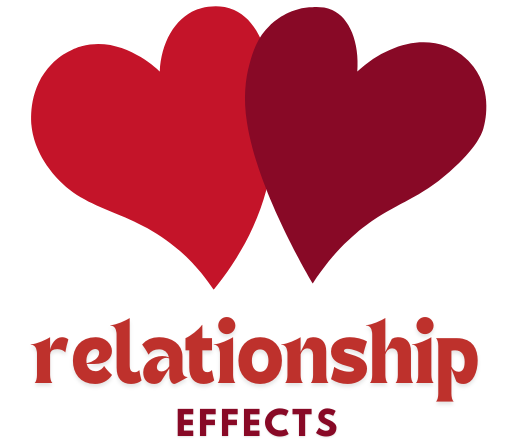Relationships are built on trust, but what happens when that foundation begins to crumble? The fear of infidelity can be overwhelming, leaving you questioning every aspect of your partner’s behavior. Understanding how to identify the signs of unfaithfulness is crucial, not only for your peace of mind but also for the health of the relationship. This essay explores how to recognize potential signs of infidelity in a way that respects your dignity and encourages empathetic reflection.

Changes in Behavior: The Subtle Shifts
Often, the first signs of infidelity come in the form of subtle changes in your partner’s behavior. These can be easy to dismiss or rationalize, especially if you’re not actively looking for them. However, a consistent pattern of unusual behavior can be indicative of deeper issues.
One of the most telling signs is a sudden increase in secretiveness. If your partner starts guarding their phone, deleting text messages, or frequently changing passwords, it might be cause for concern. This is particularly significant if they previously had no issue sharing this information with you.
Another red flag is a change in communication patterns. If your partner becomes unusually critical or distant, it might be their way of creating emotional distance. They might also start picking fights over trivial matters. This could be a subconscious attempt to justify their actions by making you seem like the unreasonable one in the relationship.
Changes in intimacy are also significant. A sudden lack of interest in physical affection, or conversely, an unusual surge in sexual activity, can both be indicators. The former might suggest that their emotional and physical needs are being met elsewhere, while the latter could be a way to cover up their guilt or distract from the real issue.
Emotional Distance and Disconnection
Emotional distance can be a more challenging aspect to pinpoint, yet it is often the most telling. Infidelity isn’t always about the physical act; it can also be deeply emotional. When your partner starts sharing their thoughts, dreams, and concerns with someone else, it creates a rift that can be difficult to mend.
You might notice that your partner seems less interested in spending time with you or engaging in activities you once enjoyed together. They may seem preoccupied, their mind always somewhere else. This emotional disengagement can leave you feeling isolated and confused, wondering what went wrong.
In some cases, your partner might become overly defensive or hostile when you bring up concerns about your relationship. This reaction can be a sign of guilt or a way to deflect from their own feelings of inadequacy and betrayal. Instead of addressing the issue, they might turn the tables and accuse you of being paranoid or controlling.
Trusting Your Instincts and Taking Action
One of the most powerful tools you have in identifying infidelity is your intuition. If something feels off, it’s essential to trust your gut feelings. Your subconscious often picks up on cues that your conscious mind may overlook. These feelings of unease and suspicion are not to be ignored.
However, it’s also crucial to approach the situation with a clear mind and a balanced perspective. Accusing your partner without concrete evidence can lead to unnecessary conflict and may damage the relationship beyond repair. Start by having an open and honest conversation about your feelings. Express your concerns without accusations, focusing on how their behavior has impacted you.
If your partner is unwilling to engage in this dialogue or becomes overly defensive, it may be time to seek external help. Couples therapy can provide a neutral ground to explore these issues and help both parties understand the underlying causes of the behavior. A therapist can also guide you in deciding the best course of action for your relationship.
In cases where infidelity is confirmed, it’s essential to take time to process your emotions and decide what you want moving forward. Rebuilding trust takes time and effort from both partners. If you choose to stay, establish clear boundaries and work towards rebuilding the relationship. If you decide to part ways, seek support from friends, family, or a therapist to help you navigate this challenging period.
Embracing Clarity and Moving Forward
Discovering infidelity is one of the most painful experiences in a relationship. It challenges your trust, self-esteem, and overall sense of stability. However, recognizing the signs early on can help you make informed decisions about your future. Whether you choose to confront your partner, seek therapy, or ultimately part ways, it’s crucial to prioritize your well-being and emotional health.
Every relationship faces challenges, and infidelity is a profound one. By understanding the signs and trusting your instincts, you can navigate this storm with grace and clarity. Remember, your worth is not defined by someone else’s actions, and you have the strength to move forward, regardless of the outcome.
Ally is editor at Relationship Effects and a keen writer on the topics of love and relationships. When she's not writing about the highs and lows of being in love, you're likely to find her catching up on the latest season of Bridgerton (again), reading, or hanging with her two ragdoll cats.
